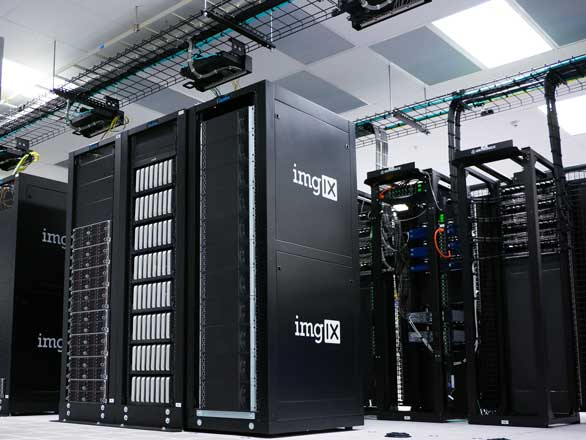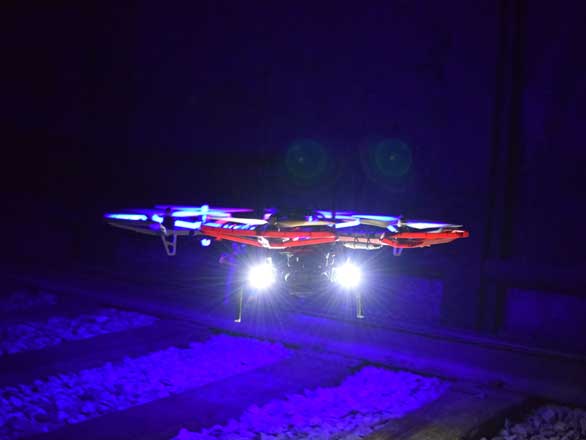Courses and curriculum
Requirements for the M.S. in computer science and engineering
Students in the master's degree program in computer science and engineering can choose from two degree options:
- Thesis MS: This program gives students the opportunity to focus on a specific area within computer science and engineering, perform preliminary research within that topic and write a thesis.
- Courses-Only MS: This option, which doesn't require a thesis, allows students to study several different subjects within the discipline. Instead of writing a thesis, students must complete a graduate-level capstone course that integrates work across previous courses and demonstrates general mastery.
You don't need to decide whether you want to pursue Thesis or Courses-Only when you apply, but you are encouraged to meet with the graduate director to discuss your coursework and plan for graduate school.
Requirements for the Ph.D. in computer science
There are three main requirements for the Ph.D. in computer science: required and elective coursework; comprehensive exams; and a research-based dissertation. In addition, doctoral students are expected to attend department colloquia, participate in proposal writing and present their research. Doctoral students focus on a specific area in computer science and engineering by taking advanced courses and becoming significantly involved in many aspects of original research, advancing scientific knowledge in their field of specialization.


